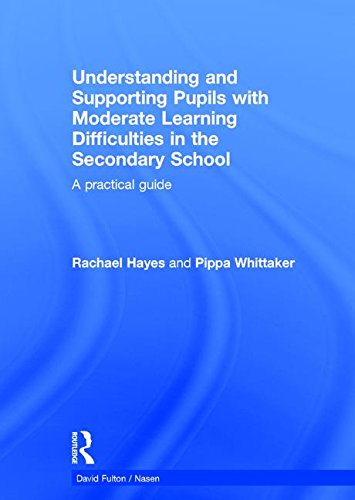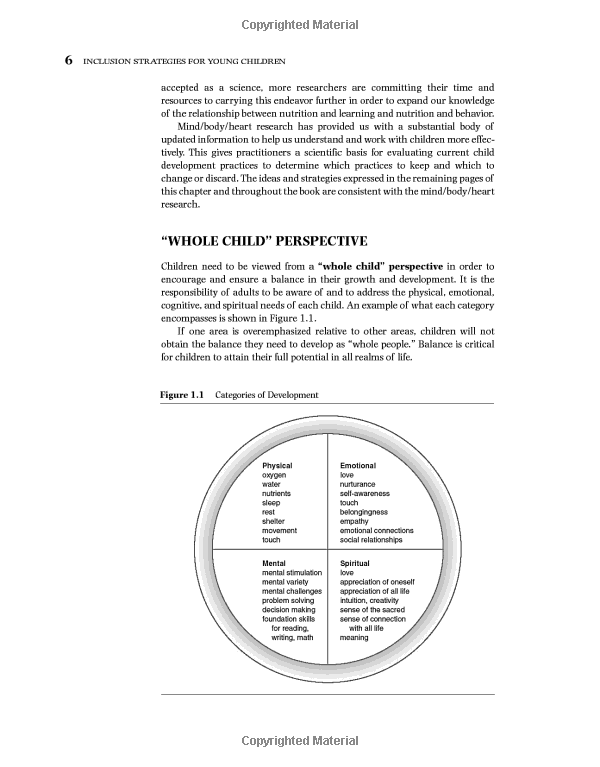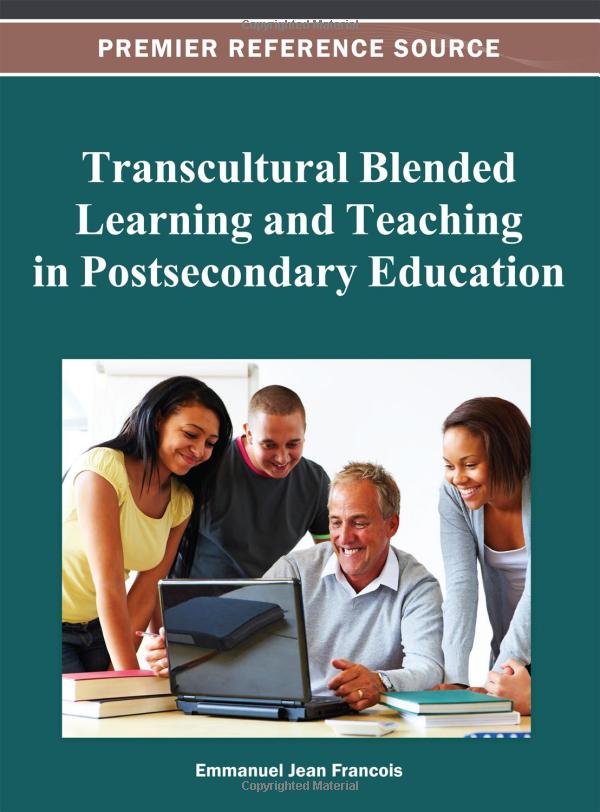Understanding PLUS Education Loans: A Comprehensive Guide for Parents and Graduate Students
Guide or Summary:What are PLUS Education Loans?Eligibility Criteria for PLUS Education LoansLoan Amounts and Interest RatesRepayment Options for PLUS Educat……
Guide or Summary:
- What are PLUS Education Loans?
- Eligibility Criteria for PLUS Education Loans
- Loan Amounts and Interest Rates
- Repayment Options for PLUS Education Loans
- Loan Forgiveness Programs
What are PLUS Education Loans?
PLUS Education Loans, or Parent PLUS and Graduate PLUS loans, are federal loans designed to help parents of dependent undergraduate students and graduate or professional students pay for college. These loans are part of the Direct Loan Program and are issued by the U.S. Department of Education. They are particularly beneficial for families who need additional funding beyond what federal student loans provide.

Eligibility Criteria for PLUS Education Loans
To qualify for PLUS Education Loans, borrowers must meet specific eligibility requirements. For Parent PLUS loans, the borrower must be the biological or adoptive parent of a dependent undergraduate student who is enrolled at least half-time in an eligible degree program. Graduate students can apply for Graduate PLUS loans. Importantly, applicants must not have an adverse credit history, which is evaluated through a credit check during the application process. However, borrowers with adverse credit may still qualify by obtaining an endorser who does not have an adverse credit history.
Loan Amounts and Interest Rates
The amount that can be borrowed through PLUS Education Loans is determined by the cost of attendance at the school, minus any other financial aid received. This means that parents and graduate students can borrow up to the total cost of education, including tuition, room and board, and other associated expenses. As of the 2023-2024 academic year, the interest rate for PLUS loans is fixed at 7.54%, which is higher than the rates for Direct Subsidized and Unsubsidized loans. Borrowers should also be aware that there may be additional fees associated with these loans, which are deducted from the loan amount disbursed.

Repayment Options for PLUS Education Loans
Repayment for PLUS Education Loans typically begins within 60 days after the loan is fully disbursed. However, parents and graduate students can request a deferment while the student is enrolled in school at least half-time. There are various repayment plans available, including standard repayment, graduated repayment, and extended repayment plans. Additionally, borrowers may also consider income-driven repayment plans, which can help manage monthly payments based on income and family size.
Loan Forgiveness Programs
While PLUS Education Loans do not qualify for Public Service Loan Forgiveness (PSLF) directly, borrowers may still have options for forgiveness under certain circumstances. For example, if the borrower works in a qualifying public service job and consolidates their PLUS loans into a Direct Consolidation Loan, they may become eligible for PSLF after making 120 qualifying payments. It’s essential for borrowers to stay informed about potential changes in legislation that could impact forgiveness options.

In conclusion, PLUS Education Loans serve as a vital resource for families and graduate students seeking to finance higher education. Understanding the eligibility requirements, loan amounts, interest rates, repayment options, and potential for loan forgiveness is crucial for making informed decisions. As education costs continue to rise, being knowledgeable about PLUS Education Loans can help families effectively plan for their educational expenses and ensure that students have the financial support they need to succeed in their academic pursuits.